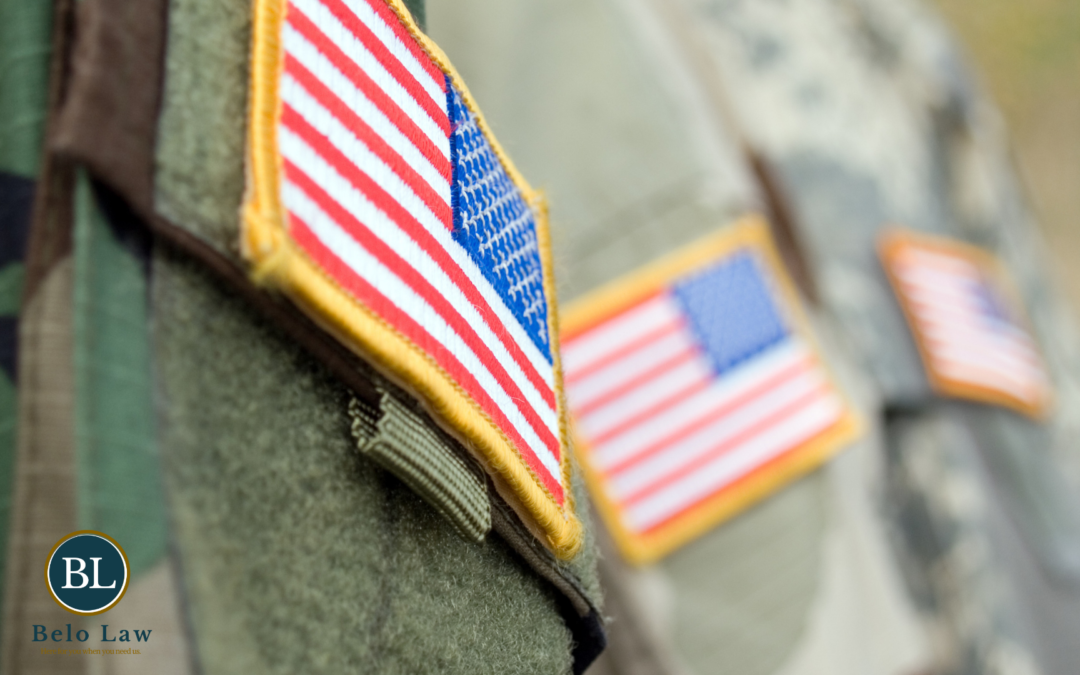
Prior to October 18, 2018, we had very little guidance from the Department of Veterans Affairs on the financial aspects of
how to prepare a claim for VA Pension.
Although there was a general understanding of the net worth rules for the veteran who needed long-term care assistance or his or her dependents, there were times when claims would be denied for seemingly confusing reasons. At the end of this past year, the confusion was eliminated with the rules being updated to have set standards.
First, the Department established new asset limit rules. Now, under the new rules governing the program, the veteran may only have $126,240 in countable assets. This amount can be reduced by certain excluded assets. Bear in mind, this amount is expected to change. It will most likely be adjusted upward to reflect the cost of living similar to the Social Security program.
Second, the new rules established both a “look back” period and a disqualification penalty for transfers made within this period. A “look back” period is one in which the Department may review the veteran’s assets to see if any money was given away for less than fair market value. If the answer is yes, the veteran may be disqualified from receiving assistance in the form of VA Pension for an amount of time reflective of the gift.
It is not all about the assets, however, when it comes to qualification. In order for the veteran to be eligible, he or she must also have a qualifying service record, be discharged under conditions other than dishonorable, and meet both the health and income standards. Let us share three key tips with you in this article on what will be used to determine qualification should you choose to move forward.
1. Service record. At the time the claim is filed, you will need the service record. This is often furnished as the veteran’s DD-214 that shows the dates of service, as well as, the conditions for discharge. If you do not have yours, you may request it from the National Archives.
2. Know the Eligible Wartime Periods. The veteran who is seeking to qualify for the VA Pension program must have served on active duty for a consecutive ninety days. At least one of these days must be during a wartime period. You may determine if your service was during an Eligible Wartime Period by clicking this link.
3. Meet the health care standard. The VA shares “in addition to meeting minimum service requirements, the Veteran must be:
– Age 65 or older, OR
– Totally and permanently disabled, OR
– A patient in a nursing home receiving skilled nursing care, OR
– Receiving Social Security Disability Insurance, OR
– Receiving Supplemental Security Income.”
In short, a Florida senior who is age 65 or older will be able to meet this threshold very easily.
How does the VA Pension program help Florida seniors?
The eligible wartime veteran and his or her dependents, or the surviving spouse of the veteran, could be eligible for a monthly, tax-free pension. This money could be used to supplement income, pay for medical needs, or even for long-term care options in the home or in an assisted living facility. The flexibility of this money make it appealing to many Florida seniors who need assistance but do not necessarily need the support of the Florida Medicaid program within a skilled nursing facility.
We know this article may raise more questions than it answers. It is critical that you meet with an elder law attorney who is also accredited by the Department of Veterans Affairs to help you with your case before you move forward. We encourage you to not hesitate to schedule a meeting and let us know your questions on this, or any other, elder care issue.
